Search
Search Results

Definition
Greek Mythology
Greek mythology was used as a means to explain the environment in which humankind lived, the natural phenomena they witnessed and the passing of time through the days, months, and seasons. Greek myths were also intricately connected to religion...
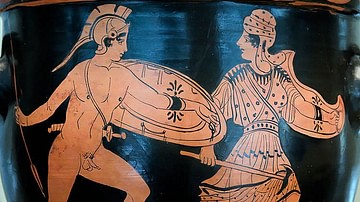
Article
A Visual Who's Who of Greek Mythology
Achilles The hero of the Trojan War, leader of the Myrmidons, slayer of Hector and Greece's greatest warrior, who sadly came unstuck when Paris sent a flying arrow guided by Apollo, which caught him in his only weak spot, his heel...
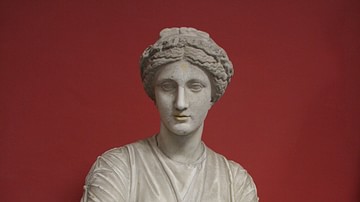
Article
Hesiod on the Birth of the Gods
The Greek poet Hesiod (c. 700 BCE) is most famous for his works Theogony and Works and Days. In this passage from Theogony, Hesiod relates the birth of the gods from cosmic Chaos and follows the lineage through the great Zeus, King of the...
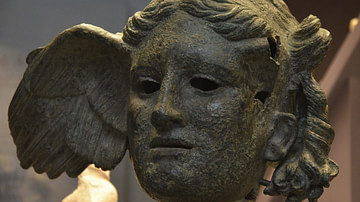
Definition
Mythology
Myths are a part of every culture in the world and are used to explain natural phenomena, where a people came from and how their civilization developed, and why things happen as they do. At their most basic level, myths comfort by giving...
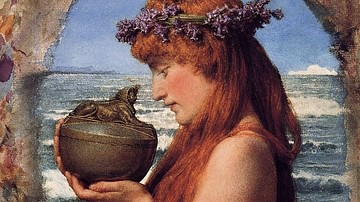
Definition
Pandora
Pandora is a figure from Greek mythology who was not only the first woman, but —as an instrument of the wrath of Zeus— was held responsible for releasing the ills of humanity into the world. Pandora was also an unrelated earth goddess in...
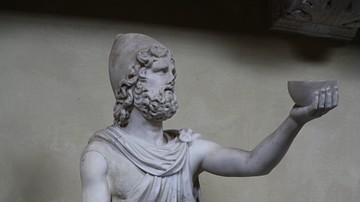
Definition
Odysseus
Odysseus (Roman name: Ulysses) was one of the great pan-Hellenic heroes of Greek mythology. He was famous for his courage, intelligence, and leadership. Odysseus' resourcefulness and oratory skills were instrumental in the Greek victory in...
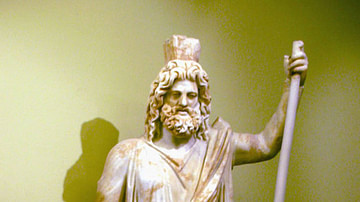
Definition
Hades
Hades was both the name of the ancient Greek god of the underworld (Roman name: Pluto) and the name of the shadowy place below the earth which was considered the final destination for the souls of the dead. Perhaps the most feared of the...
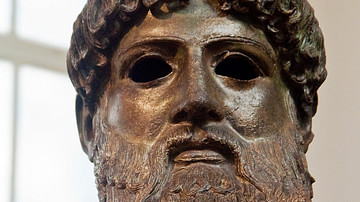
Definition
Zeus
Zeus was the king of the 12 Olympian gods and the supreme god in Greek religion. Zeus is often referred to as the Father, as the god of thunder, and the 'cloud-gatherer'. Zeus controlled the weather and offered signs and omens. Zeus generally...

Article
Jason & the Argonauts
The pan-Hellenic mythological hero Jason was famed for his expedition with the Argonauts - as the sailors on their ship the Argo were known - in search of the Golden Fleece in Kolchis on the Black Sea, one of the most popular and enduring...
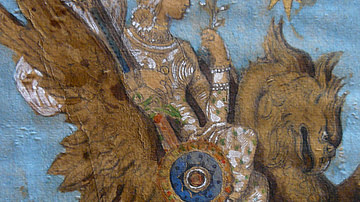
Definition
Chitrali Mythology
Chitrali mythology developed in the region of Chitral, the tallest portions of the Hindu Kush mountains, where the Chitrali people, at the juncture of South, Central, West, and East Asia, were exposed to many external cultural influences...